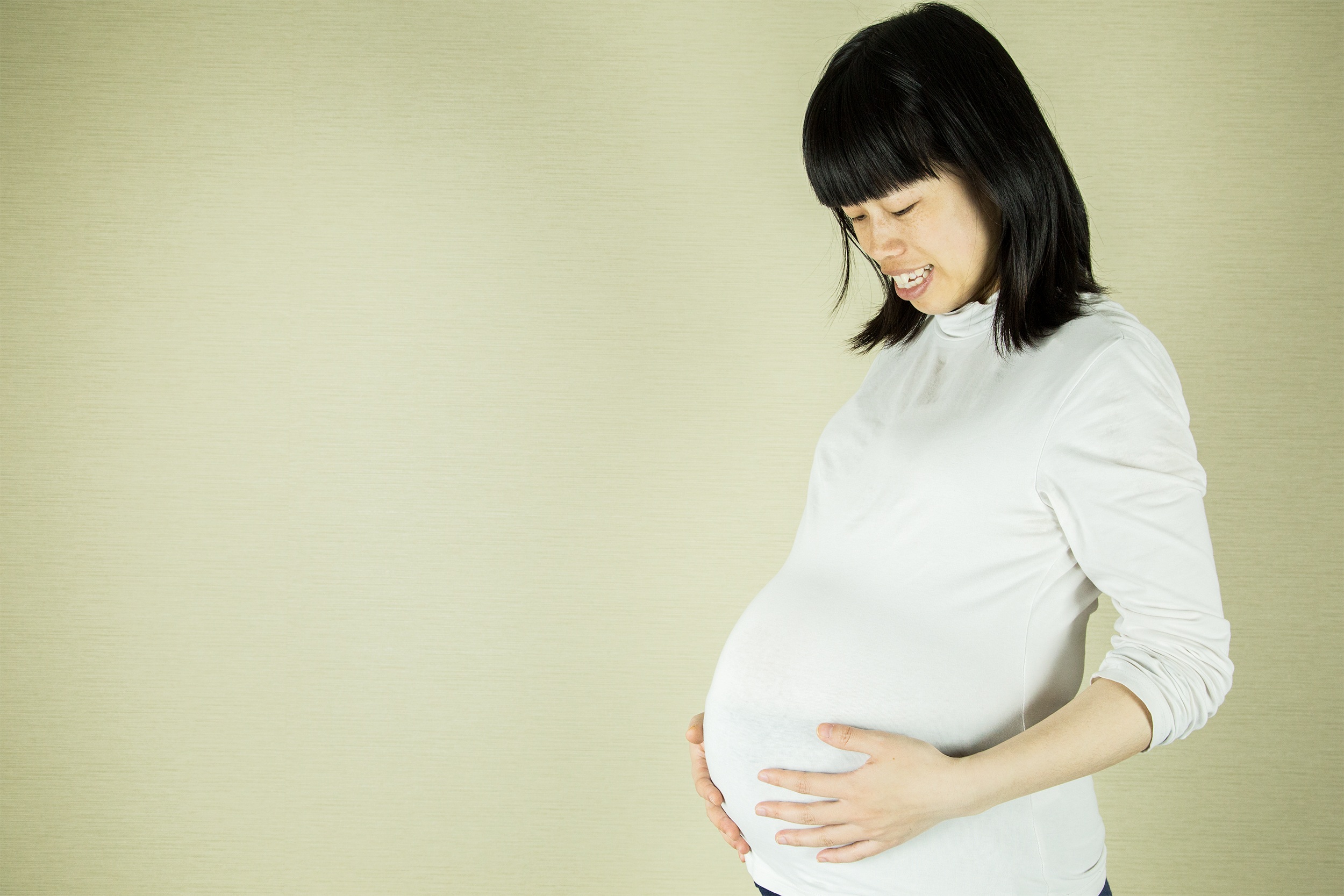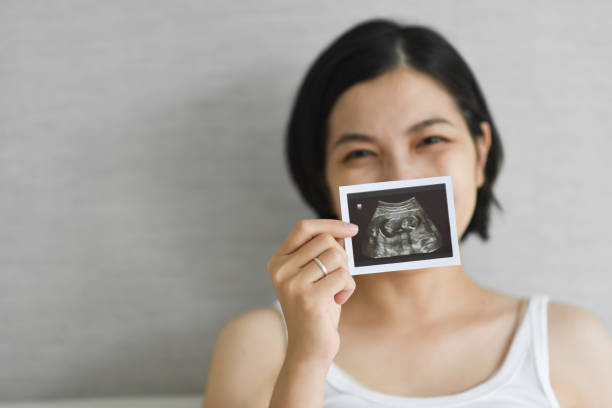As a parent, you’re no stranger to the challenges and joys of raising a child. From the moment you discover you‘re pregnant, your life changes forever.
You experience the wonder of feeling your baby’s first kicks, the exhaustion of sleepless nights, and the indescribable love that comes with holding your newborn in your arms.
But amidst the excitement and chaos of motherhood, have you ever stopped to consider the hidden cost of pregnancy on your body?
A groundbreaking new study has confirmed what many mothers have long suspected: carrying a child can add months to your biological age, with multiple pregnancies having a cumulative effect on aging.
Pregnancy and Aging: Unraveling the Epigenetic Clock

Source: PickPik
Our biological age, which can differ from our chronological age, is determined by the biochemistry of our cells and organs. This is where epigenetics comes into play.
Epigenetics involves the turning on and off of genes in response to life events, such as illnesses, trauma, or periods of intense stress.
Pregnancy, being one of the most arduous biological functions, is now confirmed to cause “jumps” in the epigenetic age.
The Study: Pregnancy and Aging in Filipino Women
Study Leader Calen Ryan and his colleagues analyzed blood samples from 825 Filipino women between the ages of 20 and 22. They discovered that women who had been pregnant were between four and 14 months biologically older than their peers who hadn’t, even after controlling for factors like income level and smoking habits.
Multiple Pregnancies and Aging: A Cumulative Effect
The researchers also investigated whether multiple pregnancies had a cumulative effect on aging. By comparing blood samples taken from 331 women at two different time points, they found that each additional pregnancy added two to three months to the parent’s biological age.
Pregnancy and Aging: Implications and Optimism
While the study confirms the link between pregnancy and accelerated aging, experts caution against despair. Yousin Suh, a professor at Columbia University who wasn’t involved in the study, notes that one or two pregnancies may be better than none in some cases, as pregnancy is linked to lower risks of certain cancers and a slightly longer life expectancy.
The Future of Pregnancy and Aging Research
As scientists continue to explore the relationship between pregnancy and aging, there is hope for identifying strategies to mitigate the negative impacts. Factors such as parental support and access to healthcare may play a significant role in softening pregnancy’s blow to epigenetic age.
Additionally, future research will need to untangle the impact of child-rearing from childbirth on epigenetic age and investigate the effects of pregnancy at older ages.

Source: iStock
A Call for Support and Research
The landmark study by Ryan and his team reaffirms the tremendous toll pregnancy takes on a woman’s body and highlights the need for further research and support for mothers.
As we continue to unravel the complex relationship between pregnancy and aging, we must work towards creating a society that values and supports the incredible journey of motherhood.
If you’re a parent or expecting, remember to prioritize your health and well-being, and don’t hesitate to reach out for support when needed.
ALSO READ
Impact of Pregnancy Covid-19 Shot on Maternal & Infant Health – A New JAMA Study Reveals
Sunlight Exposure During Pregnancy Can Prevent Premature Delivery, Says New Study
Risk Of Stillbirth Higher In Women Who Experience Stress And Abuse During Pregnancy: Study
 Together Against RSV
Together Against RSV SG60
SG60 Pregnancy
Pregnancy Parenting
Parenting Child
Child Feeding & Nutrition
Feeding & Nutrition Education
Education Lifestyle
Lifestyle Events
Events Holiday Hub
Holiday Hub Aptamil
Aptamil TAP Recommends
TAP Recommends Shopping
Shopping Press Releases
Press Releases Project Sidekicks
Project Sidekicks Community
Community Advertise With Us
Advertise With Us Contact Us
Contact Us VIP
VIP Rewards
Rewards VIP Parents
VIP Parents
